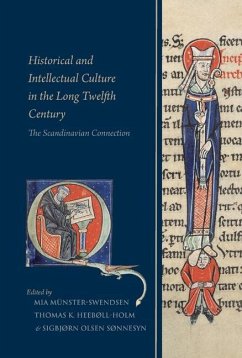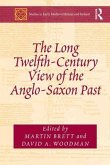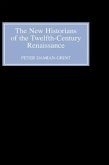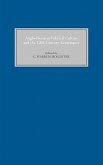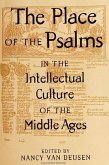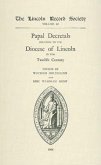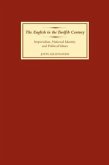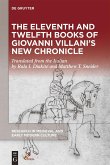In the wake of religious conversion and the establishment of more stable political systems, the outskirts of Latin Christendom produced historical narratives providing their present identities with a foundational past. The essays collected here all seek to illuminate the emergence of a written historical culture in Denmark from the early twelfth century onwards by situating this historical culture in a wider geographical, chronological, and cultural context. The volume as a whole aims to gain insight into Danish historical narratives written in Latin in the long twelfth century. This objective is approached through two mutually enriching perspectives: on the one hand, the Danish historical texts are analysed using the theoretical and methodological advances gained through increasing scholarly interest in medieval historiography in general over the last decades, while on the other hand these texts are also placed in a larger cultural and intellectual context through comparisons with historical narratives from other areas. The period from c.1050 to 1225 saw the emergence of historical narratives about Danish affairs, a development mirroring both the rapid growth of historical writing in the Latin West in this period and the consolidation of Denmark as a Christian kingdom on the model of the great western monarchies. Over past few decades, increasing interest in medieval historiography has produced a refined conceptual framework for the study of medieval historical texts as well as a rich body of knowledge on other comparable historical texts, particularly from England, France, and Germany. This has enabled deeper understanding of the genesis, form, and purpose of texts produced in Denmark, while at the same time serving to enrich our picture of more pervasive trends across political and cultural borders. Both these perspectives are fundamental to the conception and the goals of this collection: the sixteen essays range from detailed formal analyses to comparative studies of wider trends in the historiographical developments of the high middle ages.
Hinweis: Dieser Artikel kann nur an eine deutsche Lieferadresse ausgeliefert werden.
Hinweis: Dieser Artikel kann nur an eine deutsche Lieferadresse ausgeliefert werden.

